Utah Republican Senator Mike Lee is facing harsh criticism after he introduced a bill that would outlaw pornography in the United States.
The bill, named the Interstate Obscenity Definition Act (IODA), could effectively decide adult videos are not protected by free speech, proposing "obscenity is not protected speech under the First Amendment and is prohibited from interstate or foreign transmission under U.S. law."
Lee's bill acknowledges "obscenity is difficult to define (let alone prosecute) under the current Supreme Court test for obscenity: the ‘Miller Test,'" a reference to the United States Supreme Court's test for determining whether speech or expression can be labeled obscene, in which case it is not protected by the First Amendment to the United States Constitution and can be prohibited.
The Miller test was developed in the 1973 case Miller v. California.
It has three parts:
- Whether "the average person, applying contemporary community standards", would find that the work, taken as a whole, appeals to the prurient interest,
- Whether the work depicts or describes, in a patently offensive way, sexual conduct or excretory functions specifically defined by applicable state law,
- Whether the work, taken as a whole, lacks serious literary, artistic, political, or scientific value.
However, Lee's proposal aims to reinstate laws that were first enforced in the Communications Act of 1934 and directly challenges Miller v. California with its declaration that pornography "lacks serious literary, artistic, political, or scientific value."
FSC's announcement prompted many to criticize Lee and his blatant attack against both free speech and sex workers, whose livelihoods would be threatened in the event the bill becomes law.
Lee—who was raised as a Mormon in the the Church of Jesus Christ of Latter-day Saints (LDS), is a major reactionary in Congress, previously joining several Republican Senators in their proposal for a new television rating to warn viewers of LGBTQ+ characters.
In May, the group sent a letter to the TV Parental Guidelines Monitoring Board to request a new rating, saying in recent years "concerning topics of a sexual nature have become aggressively politicized and promoted in children’s programming, including irreversible and harmful experimental treatments for mental disorders like gender dysphoria."
The Senators urged Charles Rivkin, the Chairman and Chief Executive Officer (CEO) of the Motion Picture Association (MPA) who also happens to chair the TV Parental Guidelines Monitoring Board to consider implementing a rating to caution parents about "disturbing content."
They noted the Telecommunications Act of 1996 "enabled greater parental choice in television programming," adding once the law was implemented, it allowed parents to block any "violent, sexual, or other programming that they believe may irrevocably interfere with their child’s emotional and psychological development."

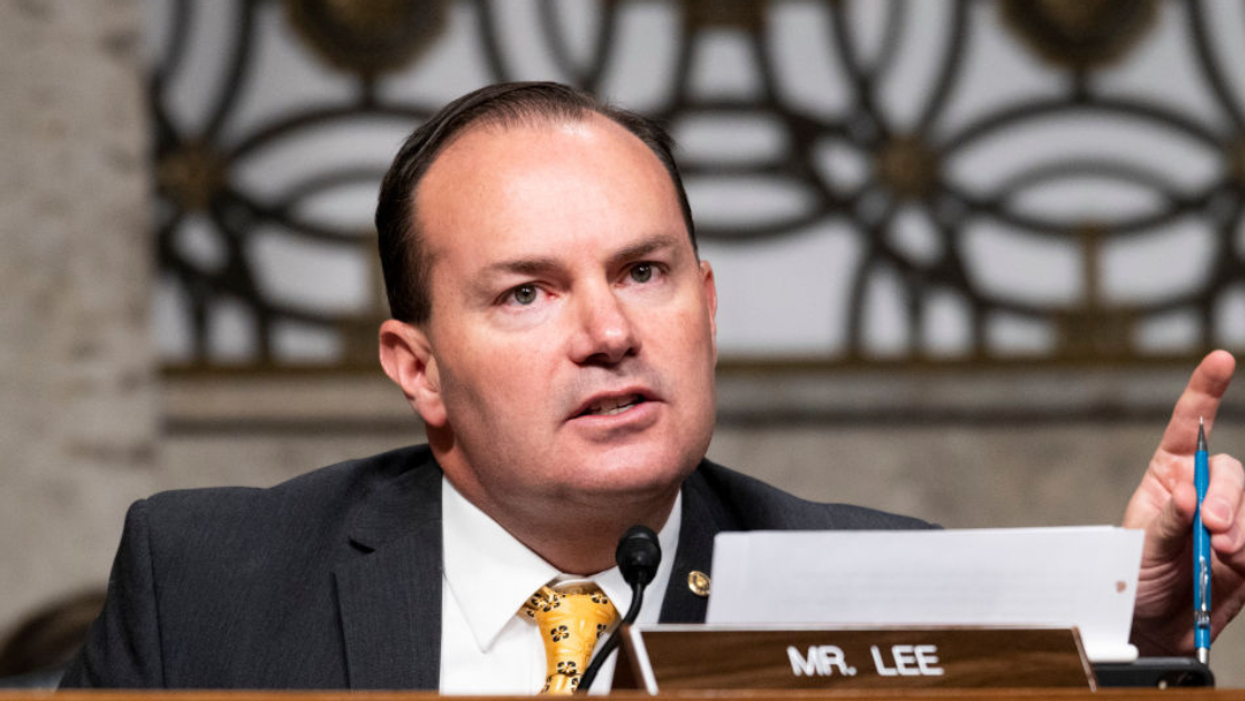

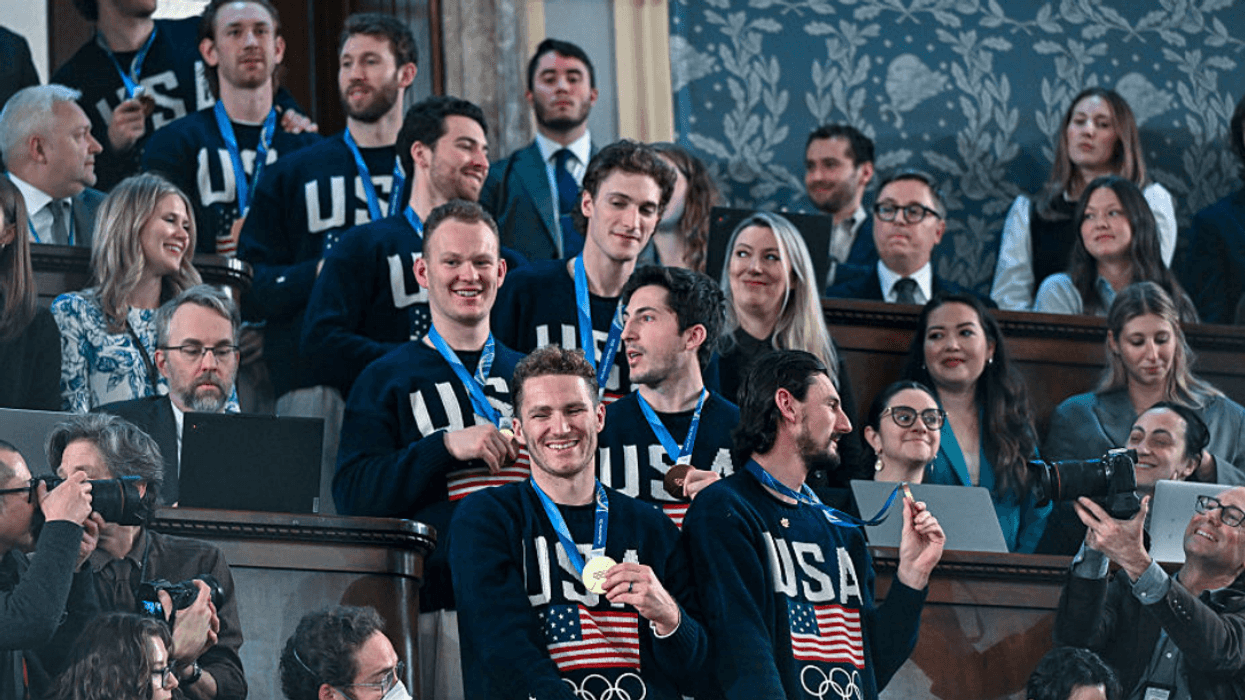
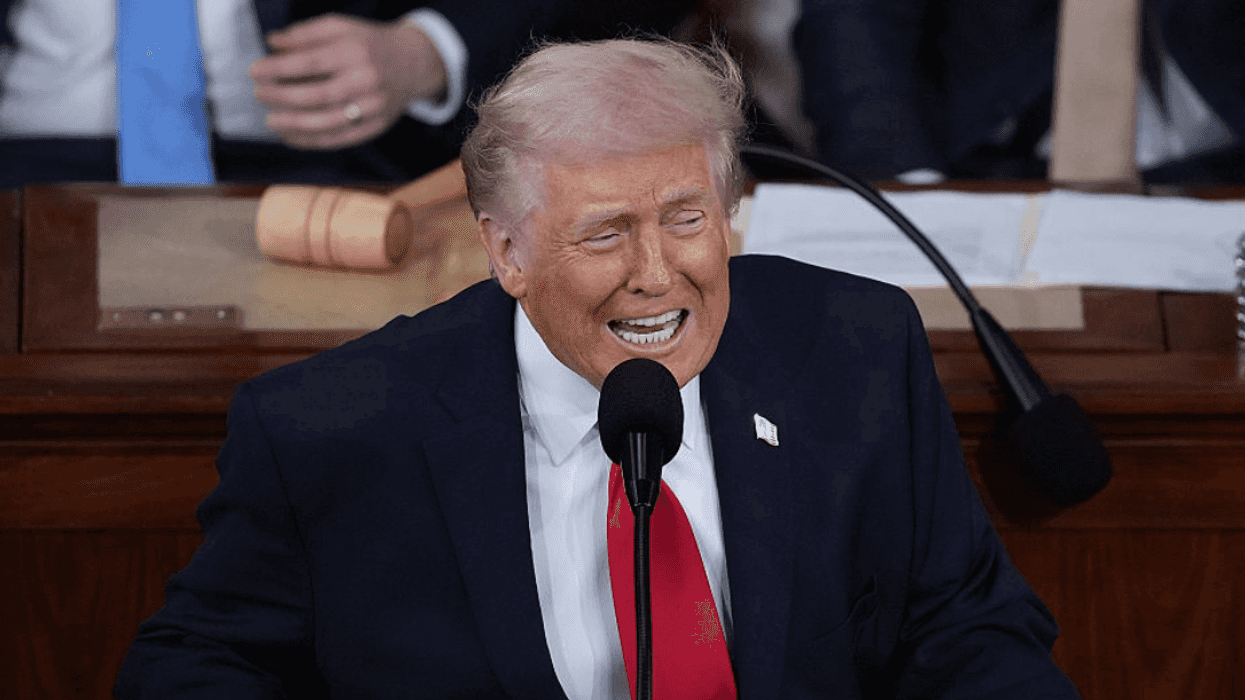
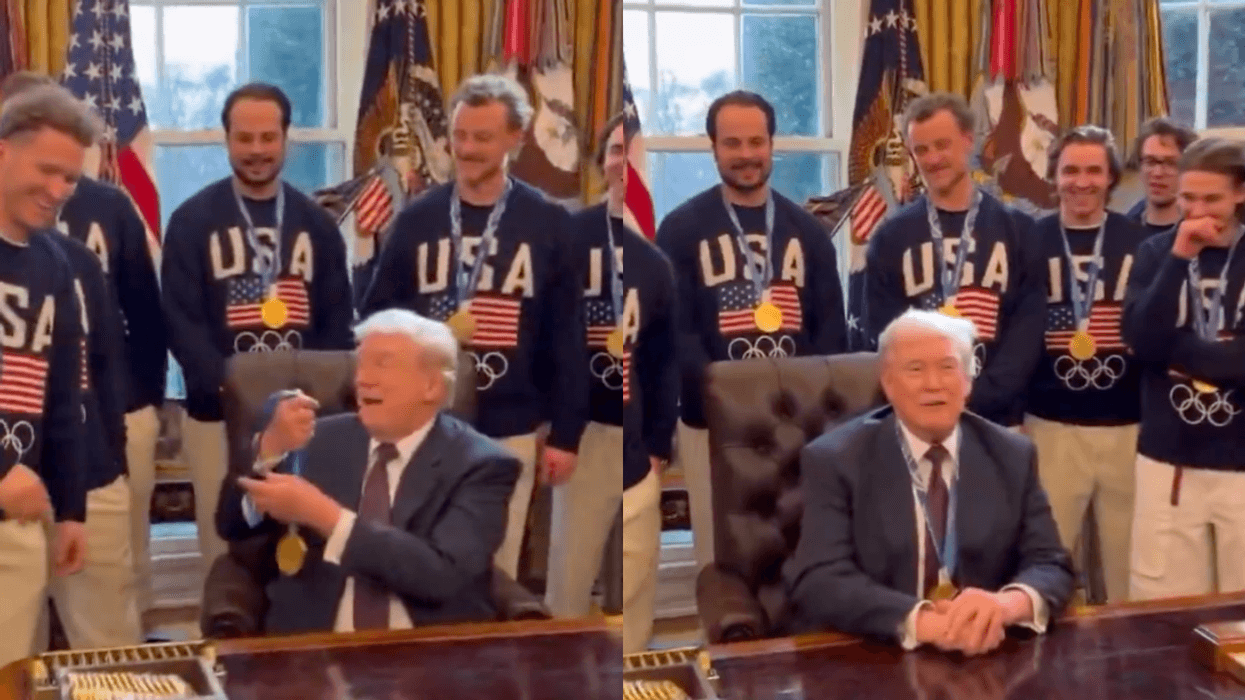
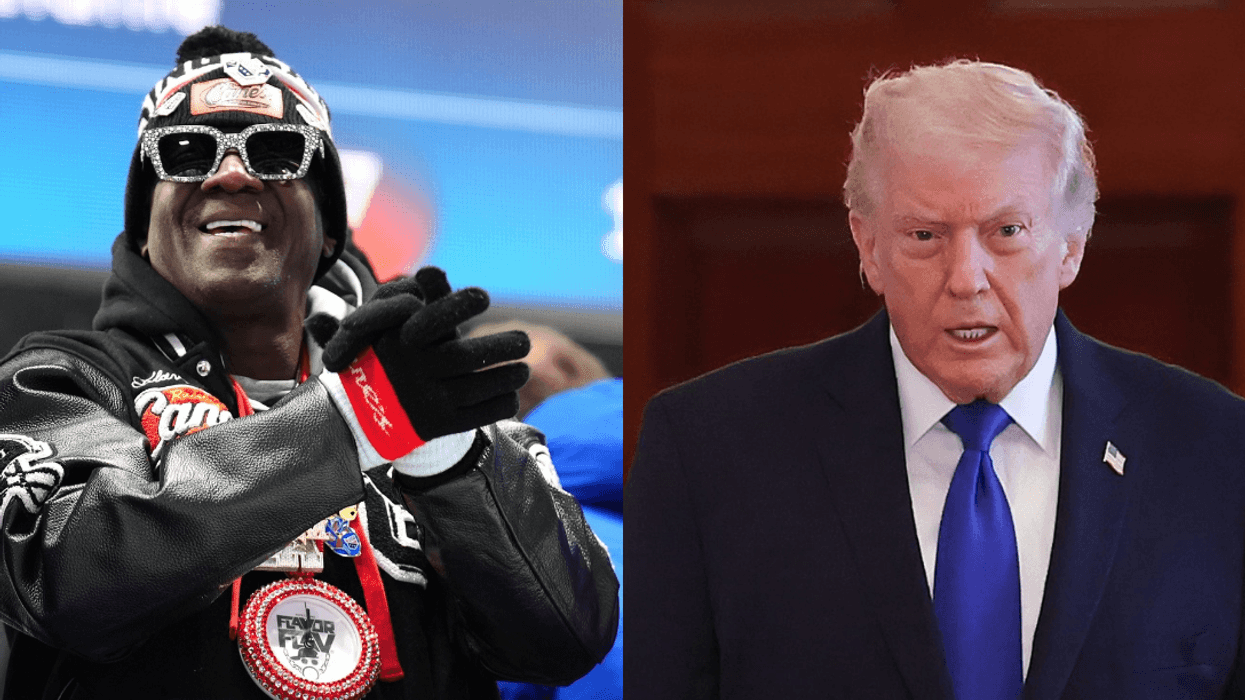






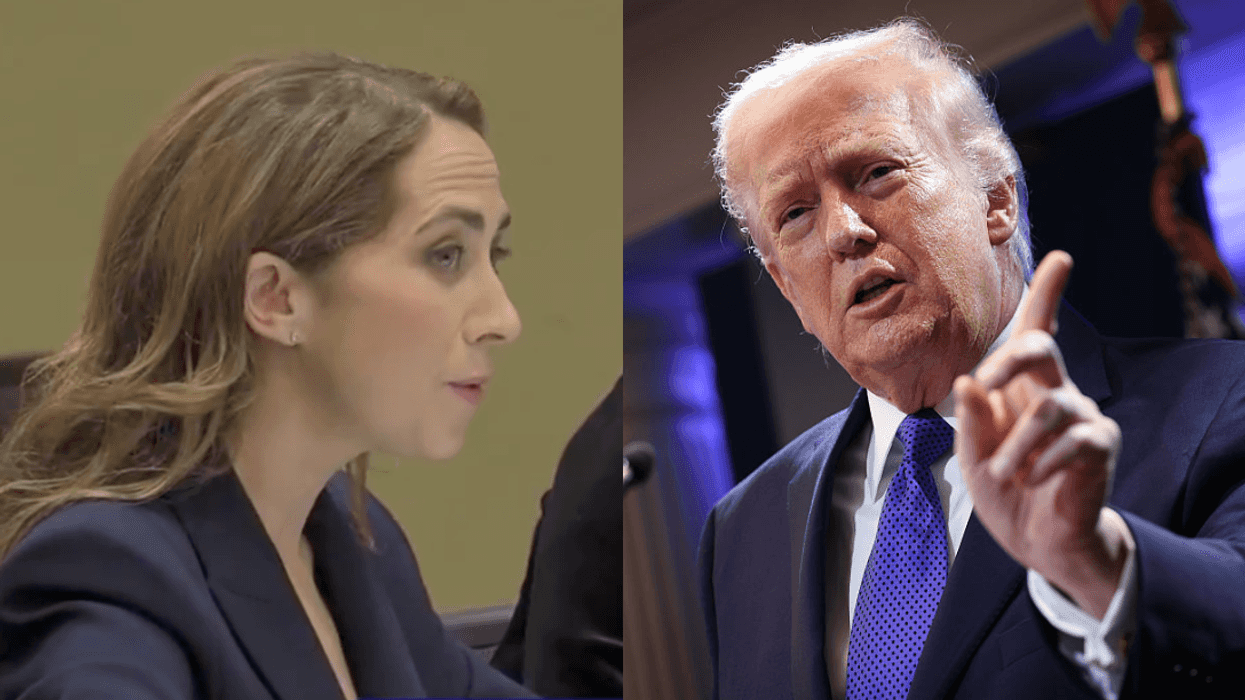


 @lindseyvonn/Instagram
@lindseyvonn/Instagram @lindseyvonn/Instagram
@lindseyvonn/Instagram @lindseyvonn/Instagram
@lindseyvonn/Instagram @lindseyvonn/Instagram
@lindseyvonn/Instagram @lindseyvonn/Instagram
@lindseyvonn/Instagram @lindseyvonn/Instagram
@lindseyvonn/Instagram @lindseyvonn/Instagram
@lindseyvonn/Instagram
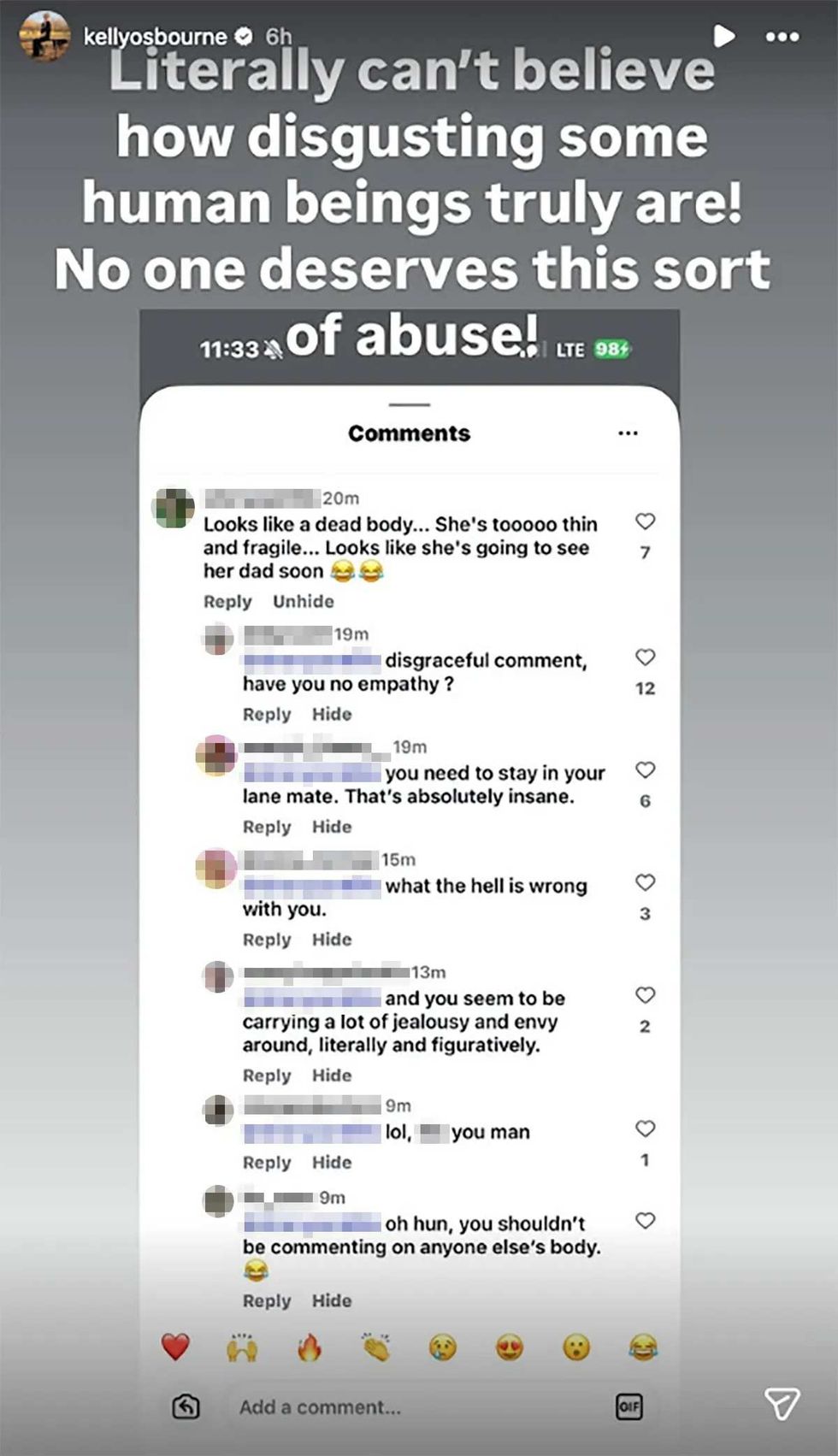 @kellyosbourne/Instagram
@kellyosbourne/Instagram